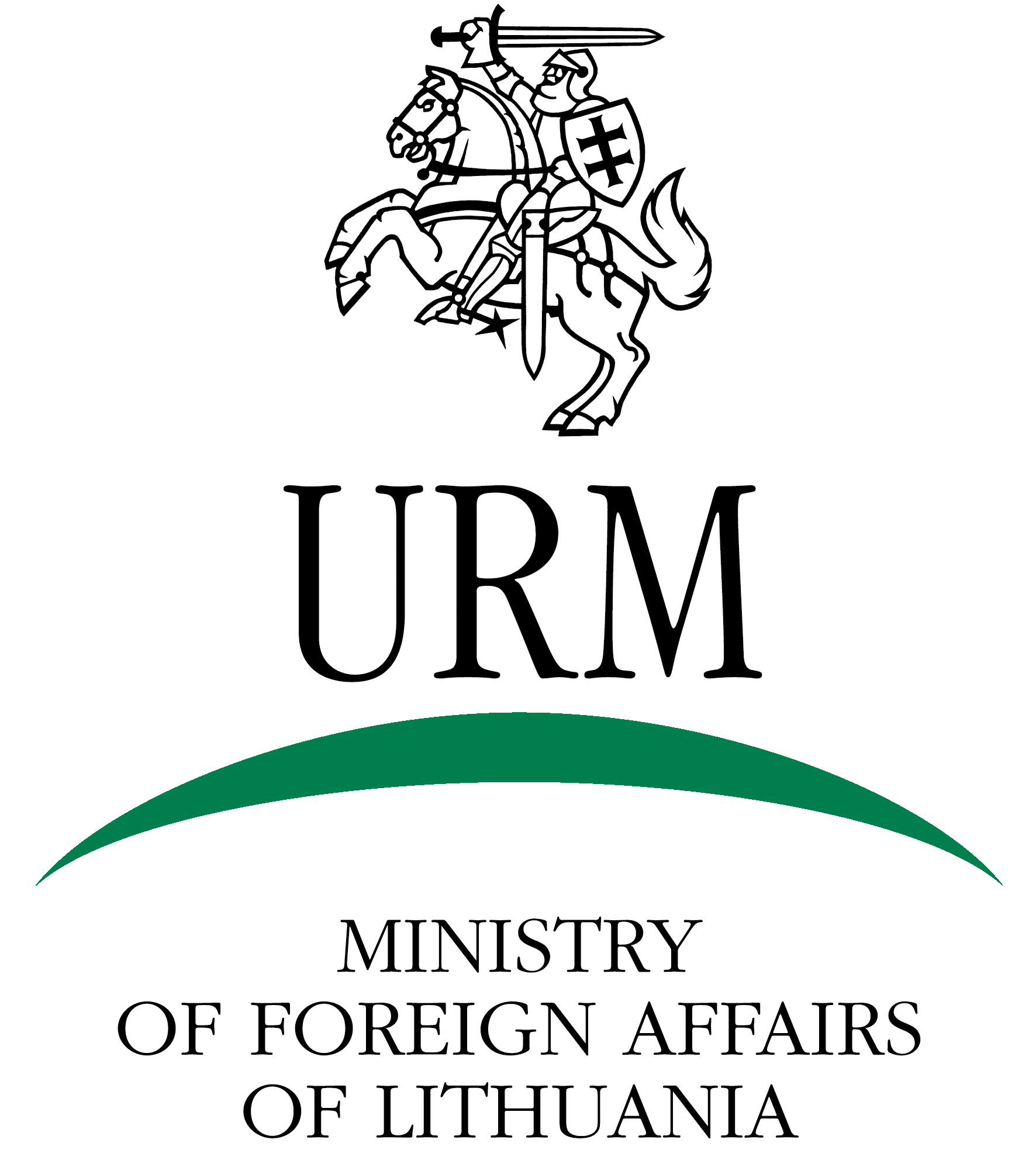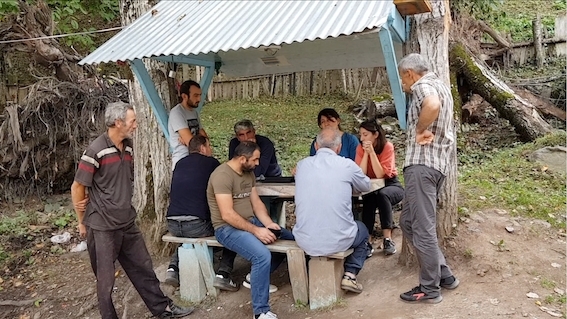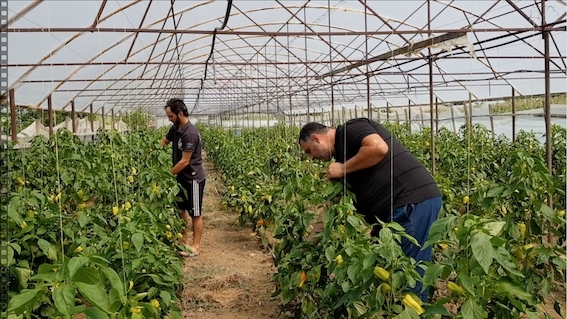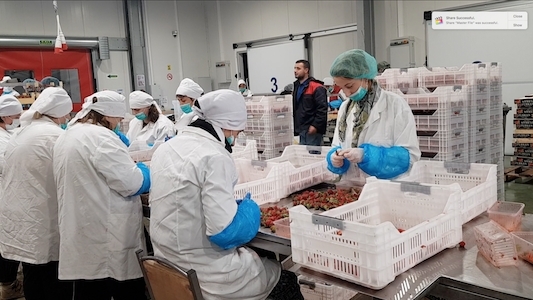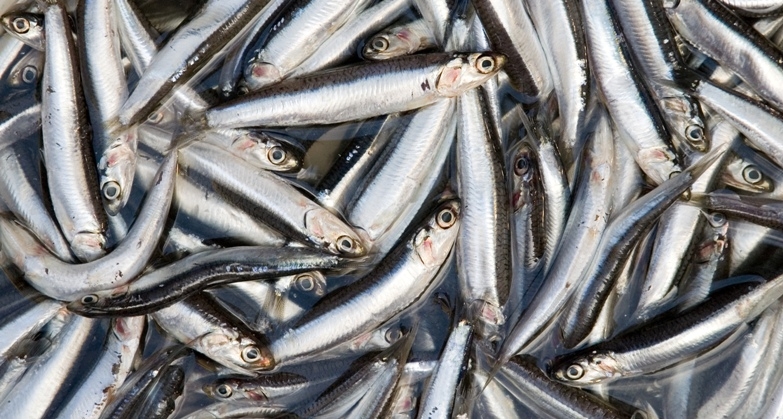Georgian exporters face problems related to shipping

(Summary)
Unassembled logistics
When a manufacturer wishes to export a product, faces many obstacles. If the entrepreneur manages and arranges the necessary documentation for exporting the cargo, more difficult logistical problems arise.
Many of them have to use air transport to ship their products abroad. Especially in the case of perishable products. As entrepreneurs say, there is a whole chain of problems on their way.
Only Tbilisi airport has the air cargo terminal where the products are stored, which creates a non-competitive environment. There are no cargo flights from Georgia. Accordingly, exporters have to use passenger planes, where cargo placement is also problematic. Particularly, small entrepreneurs who do not export large quantities and do not carry products regularly, are in the worst condition. In addition, carriers often fail to comply with the mandatory temperature regime, which is crucial for perishable products.
Addition to this, there are no direct flights to many countries, so product needs to be replaced by several airports to reach their destination. The product often fails to reload several times and is damaged before the arrival. Fruit exporters were particularly in the worst condition, including those who tried to export live berries from Georgia.
“In the Netherlands we found a customer who offered to buy our bio raspberries. Since there is no direct flight to the Netherlands, it took several different aircraft replacement. The shipping company had no logistics and it took a long time for the next flight to one of the airports. Due to the delay, berries were not in good condition. However, the customer is ready to continue partnership with us this year, but I do not know how to deliver it due to logistical problems” - says Tea Kutateladze, co-founder of “Georgian Berries”
The problem of flights is compounded by the high service rates. The shipping companies calculate prices as 5 Euros per kilogram of berries on average.
“Since there are no cargo flights from Georgia, we have to send the product by passenger flights, where there is a little space.Transporting a small amount of cargo can be expensive. This adds to the warehouse tariff of "Lasare". Their cargo holds 80 Tetri per kilo. Finally, such a high tariff makes our already expensive products even more expensive and less competitive on the international market”- says co-founder of “Uvie’s Berries, Eka Vepkhvadze
“Agrolane” exports Georgian blueberries both by land and air. In the case of air transportation the problem is the small space in the aircraft and the high cost of transportation. The company uses the services of Fly Dubai. Zviad Uznadze, the company's technical director, says that negotiations with Fly Dubai have not been attempted to allocate more cargo as there is no chance of that.
Exporters say it would be good if the government would help them and promote cargo flights.
High rates on shipments
Several companies are working on cargo shipments from Georgia. They have different terms of service.
The carrier company Min Trans says they charge 5 euros per kilo which is quite expensive for exporters and they often do not want to pay more than 1 euro. In the case of cargo transport by land, the carrier's lower quantitative limit is 20-22 tonnes, while in the case of air cargo it is 1 - 1.5 tonnes.
Shipping can also be negotiated directly with the airline. For example, in the case of Georgian Airlines, the cargo charge for perishable products is 5 euros per kilo to Europe and neighboring countries. The procedure is as follows: The farmer / distributor delivers the cargo to the terminal. After it has passed customs control and all documents are in order, it is loaded onto the aircraft.
There are 3 freight terminals at Tbilisi Airport: Lasare, Georgian Post and Cargo Tbilisi Service. Each of them works with specific airlines.
Cargo traffic has decreased by 20%, due to higher airport rates
According to statistics, in 2018, 25,511 tonnes of cargo were transported through the airport, which is about 20% less than in 2017. In 2017, Tbilisi International Airport delivered 31,724 tons of cargo, and in 2016 34,065 tons. Airline officials say the high cost of terminals is related to the decline in air freight. As for Kutaisi Airport, it does not have a cargo terminal. Its construction is planned in the future. The EU has allocated € 61 million for this project.
Former Ministry of Economy and Sustainable development, Giorgi Kobulia stated in economic strategy document that it was necessary to review the concept of modern logistics centers in Tbilisi and Kutaisi. We naturally wondered what the Ministry of Economy and Sustainable Development is going to do in this regard, whether it plans to solve logistical problems and promote exports. We expect answers from the Ministry on these questions, which will be presented in the next article.
Authors: Nona Kvlividze
Ana Akopashvili
The article is prepared with the financial support of the Ministry of Foreign Affairs of Lithuania and "Development Cooperation and Democracy Promotion Programme."
